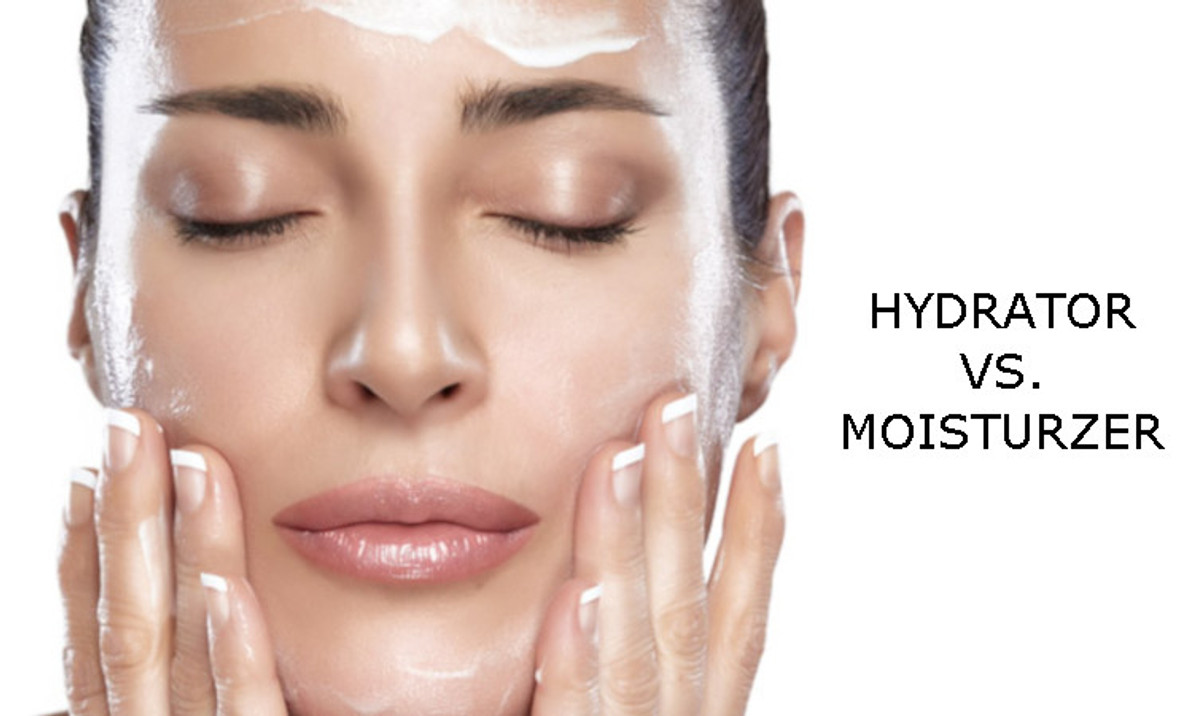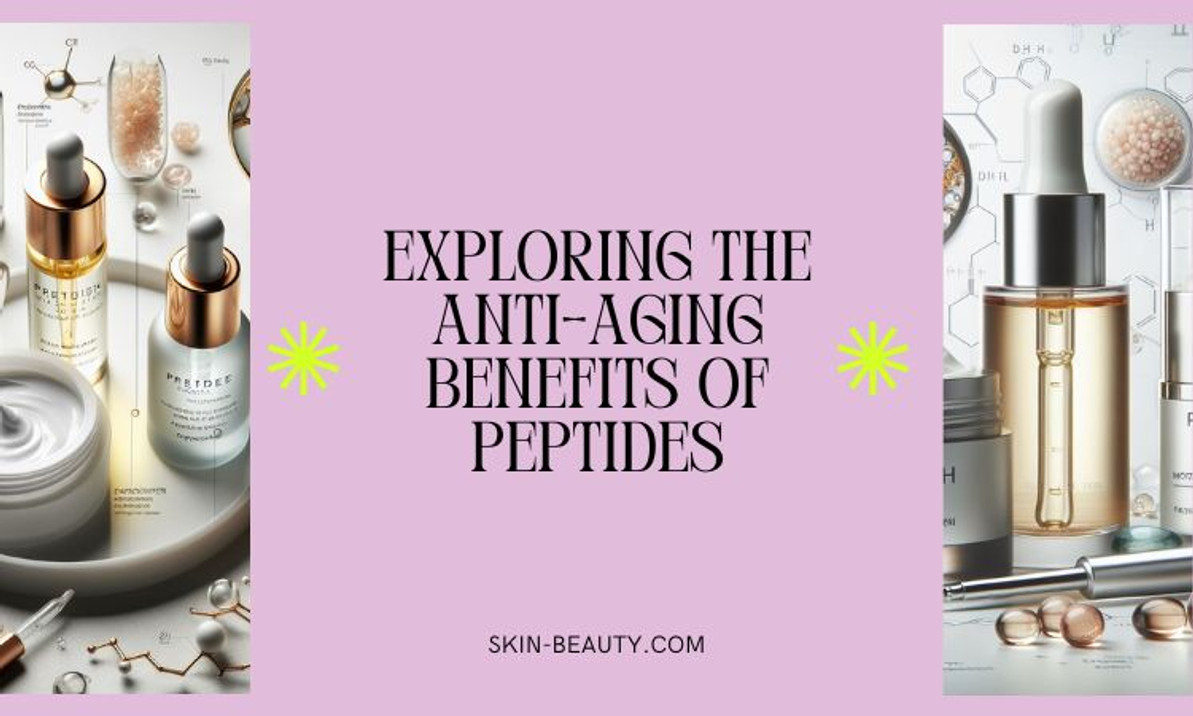Skin Hydrator vs. Skin Moisturizer: What's the Difference?
To address skin problems adequately, we need to be clear on correct terminology. I honestly didn't know that there was a difference between hydrating the skin and moisturizing the skin. Hydrator and moisturizer were often used interchangeably when purchasing products for my skin, resulting in sub-optimal results. Read on to find out the difference between hydrating and moisturizing the skin and what a difference it will make when using the correct products in your skincare routine.
Hydrate And Moisturize Defined
Hydrating the skin is the process of adding moisture to the skin and increasing the water content. It absorbs moisture from the air and then infuses cells with water to improve the skin's ability to absorb moisture and nutrients. Hydrated skin appears plump, while dehydrated skin lacks water and is dull and lackluster.
Moisturizing the skin is trapping and locking in the water content in your skin to prevent any water loss. It also keeps in natural oils to prevent the skin from getting dry. Keeping skin moisturized improves the skin's natural protective barrier. Moisturized skin will appear soft and smooth but will lack the plump feeling of hydrated skin. Dry skin results when skin is lacking oil.
How To Determine Whether You Need A Hydrator Or A Moisturizer
Now that you know the difference between hydrating and moisturizing, it still can be a little tricky determining your skin condition. The skin has a natural lipid barrier that protects itself from damage and water loss. When the skin cannot produce lipid cells to form a protective barrier, it's unable to lock in moisture resulting in dry and flaky skin. Using a moisturizer will minimize trans epidermal water loss and lock and seal in moisture. As for dehydrated skin, the skin is dull and fine lines and wrinkles are more noticeable. In addition, the skin is parched and lack water resulting in a shriveled complexion rather than plump. Someone with dehydrated skin will need a hydrator to infuse skin cells with water. A moisturizer is sometimes required in conjunction with a hydrator to lock in the water infused into the skin. With that said, moisturizers and hydrators both address the importance of making sure the skin is getting all the water it needs to fight dryness and dehydration, premature signs of aging, and environmental damage. The difference, however, lies primarily in how they go about achieving these results.
Best Hydrator For Dehydrated Skin
Water - based products are ideal for dehydrated skin types. Look for products that contain the following ingredients.
Hyaluronic Acid - It plays a vital role in hydrating your skin and maintaining its elasticity. Hyaluronic acid's water-binding properties help replenish your skin and also prevent early signs of aging.
Glycerin - Glycerin has hydrating properties that can relieve your skin from feeling dry and itchy. The humectant works by attracting moisture from the environment onto the surface of your skin.
Urea - Urea loosens and breaks down hardened protein, relieving your skin of roughness and itchiness.
Ceramides - These are skin-replenishing ingredients. They make up and repair your skin's barrier, which prevents water loss and retains moisture.
Panthenol - Panthenol is an ingredient that penetrates through the skin and imparts moisture to the cells. It also prevents trans-epidermal water loss. This means that it improves skin barrier functions by stimulating cells that boost the same.
|
|
|
Best Moisturizer For Dry Skin
Moisturizers can have a lightweight or heavy texture. A lighter texture is typically preferred in the summer, while a heavier texture in the winter. Products containing ceramides, oils, butters, or dimethicone are known for their moisturizing and nourishing properties. Having moisturized skin will minimize the signs of aging and free radical damage.
Recent Posts
-
Peptides For Skin: Exploring the Anti-Aging Benefits of Peptides in Skincare
Exploring the Anti-Aging Benefits of Peptides in Skincare In the universe of advanced skincare, th …Apr 25th 2024 -
Discover the Perfect Glasses & Styles to Enhance Your Rectangle Face Shape!
Your face shape plays a significant role in determining the most flattering hairstyles and makeup te …Apr 17th 2024 -
Moroccanoil Treatment for Hair: The Ultimate Guide
Moroccanoil Treatment for Hair: The Ultimate Guide In the world of hair care, few products have ca …Apr 1st 2024




